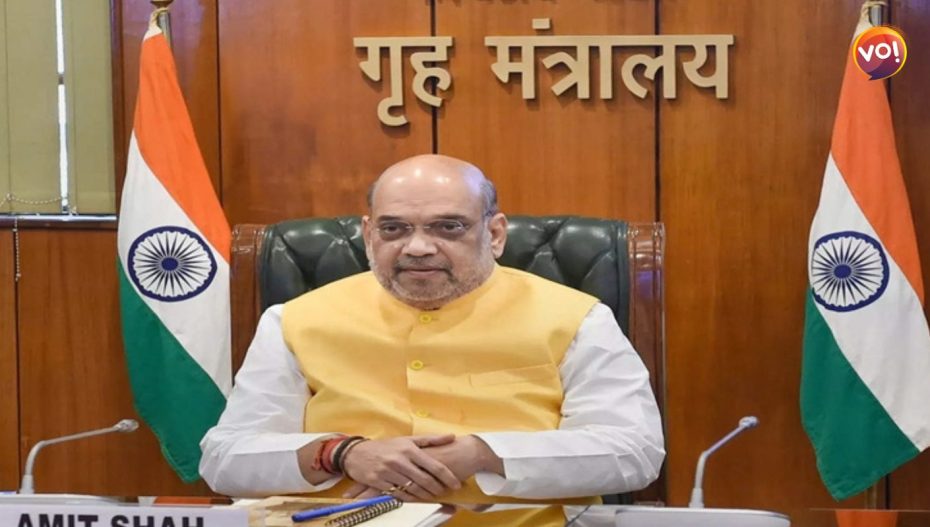Union Home Minister Amit Shah announced groundbreaking changes to India’s criminal justice system during the 5th International and 44th All India Criminology Conference on Behavioural Forensics at the National Forensic Sciences University (NFSU) in Gujarat’s Gandhinagar. Shah emphasized the transformative impact of three new laws – Bharatiya Nyaya Sanhita, Bharatiya Nagarik Suraksha Sanhita, and Bharatiya Sakshya Adhiniyam – recently passed by the Lok Sabha. According to Shah, these laws will revolutionize India’s justice system within the next five years, making it the “world’s most modern.”
The Union Minister stressed the importance of integrating forensic science into prosecution, jurisprudence, and education to effectively reduce crime rates. Shah highlighted the correlation between the National Education Policy (NEP), the expansion of forensic science facilities like NFSU, and the implementation of the three new laws. He stated that these initiatives should be viewed cohesively for a more efficient criminal justice delivery system.
Shah outlined the key features of the new laws, including the compulsory visits of forensic officers to crime scenes for offenses with more than seven years. He assured that the country would witness an increase of over 9,000 scientific officers and forensic science experts annually within five years. By integrating behavioral studies into primary education, Shah believes the emergence of criminals can be curtailed.
The Home Minister emphasized the importance of technology in staying ahead of criminals, pointing out challenges such as adopting modern policing methods without compromising basic principles, countering hybrid threats, and achieving global uniformity in criminal laws. He revealed ongoing efforts in data integration through various systems like ICJS-1, CCTNS, e-court, e-prison, and e-forensics, showcasing successful collaborations despite differing political ideologies across states.
During the conference, NFSU Vice-Chancellor J M Vyas was felicitated for 50 years of service in forensics, and an MoU was signed between NFSU and the National Commission for Protection of Child Rights (NCPCR) to establish a center for child rights’ advocacy.
Retired Justice Arun Kumar Mishra, chairperson of the National Human Rights Commission (NHRC), praised the victim-centric approach of the new laws, highlighting their focus on speedy justice, simplified legal procedures, and the decriminalization of suicide attempts. Mishra stressed the importance of citizen-centric practices, ensuring victims receive timely digital information and specific time limits for investigation and judgment pronouncement.
In conclusion, India’s ambitious criminal justice reforms, encompassing legislative changes, forensic science integration, and technological advancements, are poised to catapult the nation’s justice system into the modern era within the next five years.
Gujarat Government Likely To Simplify Revenue Laws. Click Here










